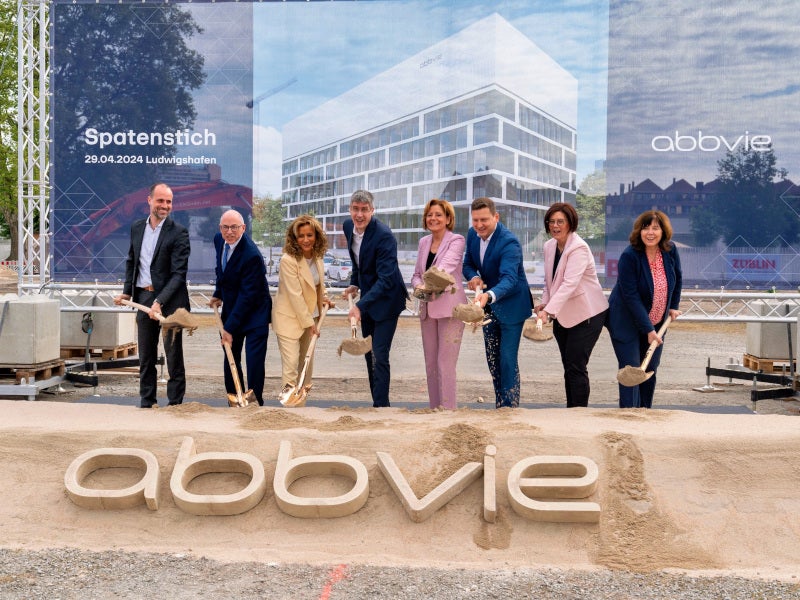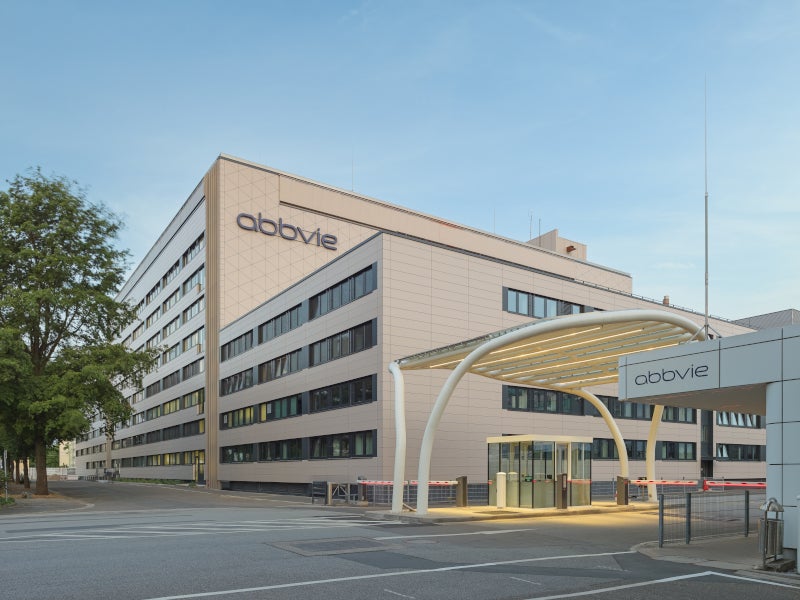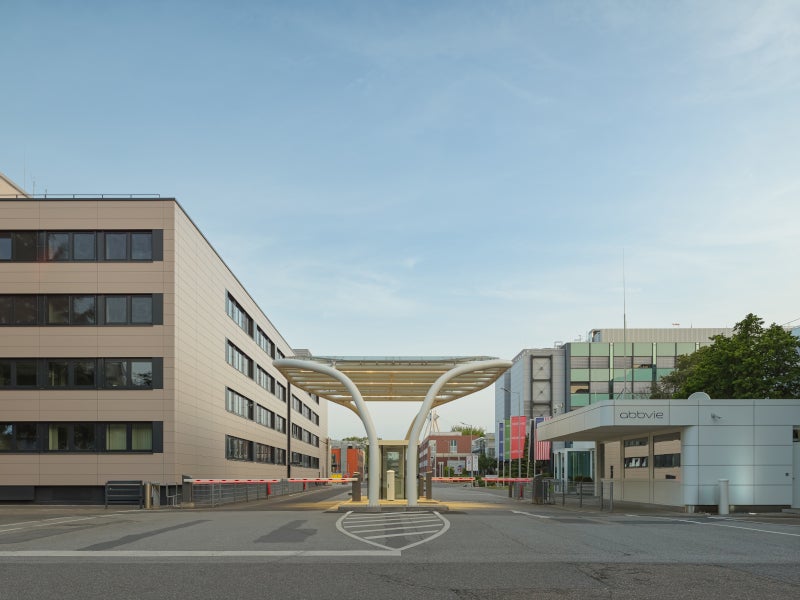AbbVie, a pharmaceutical company based in the US, is establishing a state-of-the-art research and development facility, named LUdwighafens neue Arbeitswelt (LUnA), at its Ludwigshafen campus in Germany.
The ground-breaking ceremony for the facility took place in April 2024. The facility is expected to be completed in 2027.
The €150m ($160.4m) new facility will advance the development of novel therapies for chronic ailments such as cancer, Alzheimer’s, and autoimmune diseases.
It bolsters AbbVie’s longstanding alliance with Germany, where it has invested approximately €250m since 2020.
Upon completion, the facility will be home to more than 300 researchers and scientists.
It is anticipated to emerge as one of the preeminent centres for biotechnology and life sciences in the region.
Location
Abbvie’s research and development facility will be located within the company’s Ludwigshafen research and development campus in the Rhine Neckar biotechnology region, in the German state of Rhineland-Palatinate.
The Ludwigshafen site is one of AbbVie’s three operational locations in Germany, alongside the headquarters in Wiesbaden and an office in Berlin.
The site was chosen due to the innovation-friendly environment in the region.
AbbVie research and development facility details
AbbVie’s LUnA facility will be a six-storey research and laboratory building encompassing approximately 2,100m² of office space and more than 6,000m² of laboratory space.
The facility will also include more than 600m² of space allocated for team meetings, exchanges, and networking.
Designed with sustainability and flexibility in mind, the building is equipped with advanced infrastructure to meet the long-term demands of laboratory automation and digital research.
Sustainable features
The new facility prioritises sustainability, with a particular focus on thermal insulation and highly efficient heat and cold recovery systems.
Plans include the installation of a heat pump and photovoltaic systems to enhance the use of renewable energy sources within the building.
In line with the broader factory premises, the design of the outdoor area will also focus on industrial nature conservation.
The facility will encourage biodiversity, supporting insects, small mammals, and birds by using native and drought-resistant plants in a quasi-natural design.
AbbVie’s Ludwigshafen campus details
AbbVie’s Ludwigshafen campus is the company’s second-largest research and development site globally.
Operational since 1886, it continues to be a hub of excellence for drug product research, development, and manufacturing.
The site serves as the global epicentre for research into central nervous system diseases, with a special focus on Alzheimer’s and Parkinson’s disease.
It develops both chemically synthetic substances (small molecules) and complex biological agents such as antibodies.
The German manufacturing site is renowned for its innovative approaches to solid dosage forms, including advanced hot melt extrusion, a technology that facilitates the production of dosage forms with poorly soluble active ingredients.
Tablets and auto-injectors produced and packaged at the site are distributed to more than 100 countries.
The campus is also at the forefront of digitalising research, leveraging AI, machine learning, bioinformatics, and other cutting-edge technologies to enhance its preclinical and clinical studies, which are recognised worldwide.
Contractors involved
Zublin, a construction company based in Germany, is involved in the project.
Marketing commentary on AbbVie
Established in 2013, AbbVie is a biopharmaceutical company that originated as a division of the pharmaceutical giant, Abbott.
The company operates in more than 70 countries worldwide and has a workforce of 50,000 employees.
AbbVie’s core objective is to pioneer and provide groundbreaking medications and treatments that address serious health concerns of the present and foresee the healthcare challenges of the future.
The company undertakes research and development spanning a variety of crucial therapeutic domains, such as immunology, oncology, neuroscience, and ophthalmology.






